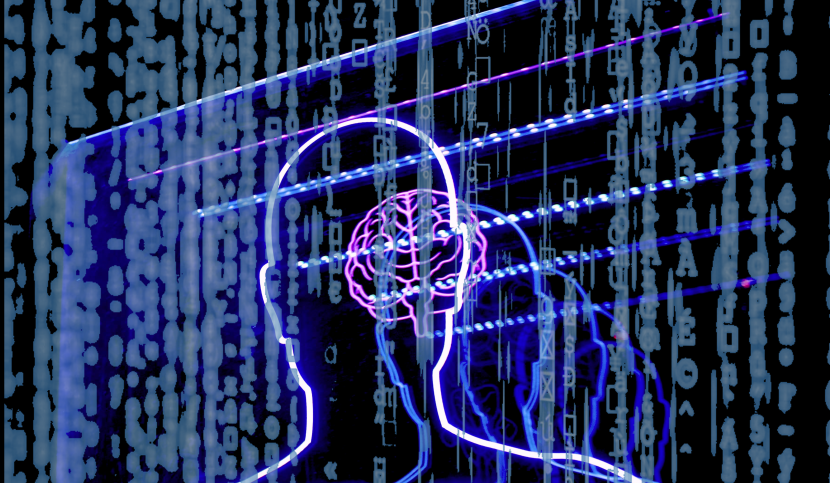The diagnosis of atypical forms of Alzheimer’s disease is still sometimes difficult. Researchers from the Paris Brain Institute have developed an automated algorithm to correlate the specificities of brain lesions with the symptoms associated with these forms.
The degeneration of neurons that occurs in Alzheimer’s disease is the result of the concomitant progression of two types of lesions: on the one hand, the abnormal accumulation on the outside of nerve cells of a protein called ß-amyloid peptide (or A-beta peptide or Aß peptide) leading to the formation of “amyloid plaques” also known as “senile plaques”, and on the other hand, the abnormal accumulation of the TAU protein in neurons leading to their degeneration.
Despite similar lesions, a heterogeneous panel of symptoms.
Memory loss is often the first symptom of Alzheimer’s disease that helps orienting the diagnosis. Then, executive function, spatial and temporal orientation troubles occur, followed gradually by language disabilities (aphasia), information recognition (agnosia), movement (apraxia), behavioral, mood (anxiety, depression, irritability) and sleep with insomnia troubles.
However, the clinical presentation of patients is very heterogeneous and different subtypes of the disease have been described, including an unusual non-genetic form that progresses very rapidly (less than 2 years) until the patient dies (rMA).
To date, no specific characteristics of the brain lesions observed in rMA patients have been identified and moreover the clinical examination of these cases often leads to misdiagnosis due to a similar symptoms with those presented by patients with Creutzfeldt-Jakob disease.
Optimize Alzheimer patient medical care
The objective of the STRATIFIAD project led by Daniel RACOCEANU (Full Professor at Sorbonne University) and Benoit DELATOUR (CNRS Senior Research Fellow) is twofold:
– To develop fully automated artificial intelligence (AI) approaches, allowing the identification of particularities in the brain lesions of atypical forms of Alzheimer’s disease. The development of such a tool would allow to finely characterize known atypical forms of Alzheimer’s disease and also to identify new ones. It would be the first algorithm allowing an automated classification of AD brain lesions and to dissociate the different morphologies (intra- or extracellular) of these lesions. This automated, systematic, and non-biased approach could complement the often manual, tedious and possibly biased analysis work performed by expert neuropathologists.
– To correlate the different brain lesion profiles identified with clinical, i.e. specific symptoms (memory loss, language or mood troubles, dementia…), a slow or rapid disease progression and with MRI specificities.
The results of this project could constitute reliable and reproducible criteria to help clinicians in diagnosis, prognosis and adapted treatment to each patient disease course.
An open interface for all healthcare professionals.
This innovative algorithm using artificial intelligence and fully automated for histological analysis and characterization of Tau protein and Aß peptide aggregates in brain images is developed in partnership with the “Histomics” platform of the Paris Brain Institute and the neuropathology laboratory of the Salpêtrière Hospital (Dr. S. Boluda) and will, in the future, be accessible to all clinicians.
Moreover, all the generated results (e.g. new morphological and topological measurements) will be formalized in a structured database “AD Whole Slide Images (WSI)” which will constitute an another deliverable of the project and a world-first initiative in the field.
Finally, the project also aims to develop a usable software suite that can be used by clinicians and neurpathologists within an easy-to-use and ergonomic open-source interface, to visualize, annotate and share whole histological slide images.
Source : MICCAI (Medical Image Computing and Computer Assisted Intervention) 2022 Singapour







